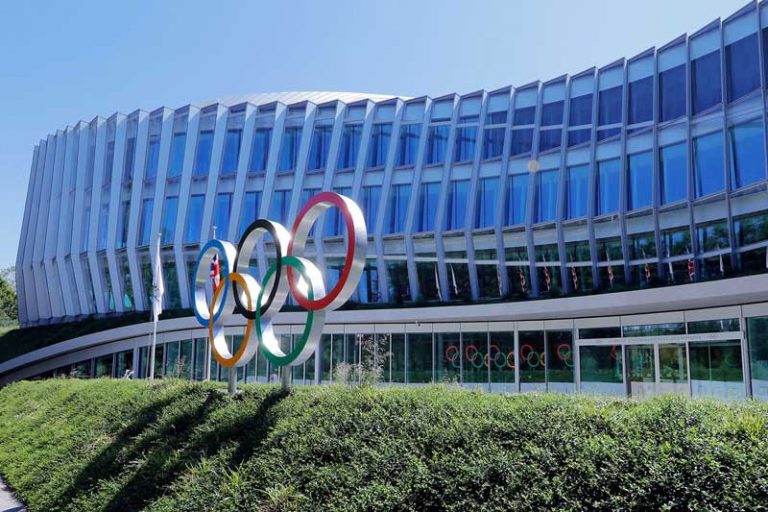Officials representing the United States Olympic and Paralympic Committee (USOPC) admitted Thursday that economic and political pressures have steered the Salt Lake City Olympic Winter Games bid closer to 2034 instead of 2030. With Spanish officials canceling a Pyrenees-Barcelona 2030 bid on Tuesday, it now seems likely that it will come down to Canada’s Vancouver-centered B.C. bid and Japan’s Sapporo as final contenders to host in 2030.

“We will figure this out, but if we have a preference, it would be better for us to do 2034,” USOPC chair Susanne Lyons told Associated Press after a closed board meeting Thursday.
“So I think in Salt Lake, the bid committee is realizing that we are in an absolutely fantastic position for 2034 but we may still be called upon for 2030.”
A high-level bid delegation including CEO Fraser Bullock and Olympic champion ski racer Lindsey Vonn met with International Olympic Committee (IOC) officials last week in Lausanne, Switzerland to discuss the project as part of an ongoing dialogue process for parties interested in hosting future Games.
Los Angeles has already been chosen to host the 2028 Summer Games, and with the 2030 Winter edition scheduled to open only 18 months later, organizers fear that shared domestic sponsorships would be spread too thin. Bullock told Deseret News that inflation and recession fears have further impaired the financial models of back-to-back Games leading the bid to make a “major shift.”
“2034 is more of a clear runway,” with “more upside financially,” he said.
Lyons said the bid was further tainted by the actions of U.S. government officials who openly criticized China’s human rights record ahead of the Beijing 2022 Winter Games.
“Calling in our sponsors to hearings in Washington, DC, was absolutely not helpful, and there are some hard feelings about that,” Lyons said.
That led to the United States organizing a diplomatic boycott of the Games. The Japanese and Canadian governments also staged their own diplomatic boycotts.
Earlier this month 1972 host city Sapporo ruled out any possible referendum over the Games and preliminary plans shows Hokkaido province could stage the event for ¥280 billion to ¥300 billion (USD$2.4 billion to USD$2.6 billion) – much less than the ¥1.4 trillion (USD$13 billion) final price tag of the postponed Tokyo 2020 Games.
Vancouver’s Indigenous-led bid has not yet released financial figures but venue plans were unveiled for the first time this month. A city council motion to hold a plebiscite has already failed, but that does not rule out the possibility of a future vote after public consultation is complete. Municipal elections will be held across British Columbia in October. Vancouver last staged Canada’s second Winter Olympics in 2010.
Lyons insisted that Salt Lake City remains available should the IOC call on the city to host in 2030. That would be the case if both bids failed, as Spain’s bid did this week. Spanish Olympic Committee (COE) President Alejandro Blanco said his members pulled the plug on the bid when joint-partners failed to reach an agreement on venue allocation, but he said that he will work to organize a new project for 2034.
But it may be too late for Spain, even for 2034.
The IOC said it will name preferred candidates in December this year with the intention of electing a winner at its all-members Session scheduled on May 31 in Mumbai, India. With a Salt Lake City bid ready to go for 2034, the IOC could elect a 2030 host and allocate the 2034 Games at the same meeting. That was the case when Paris 2024 and Los Angeles were awarded consecutive Games in a single members’ vote.
The decision is expected to be made at a December 7 IOC Executive Board meeting.


